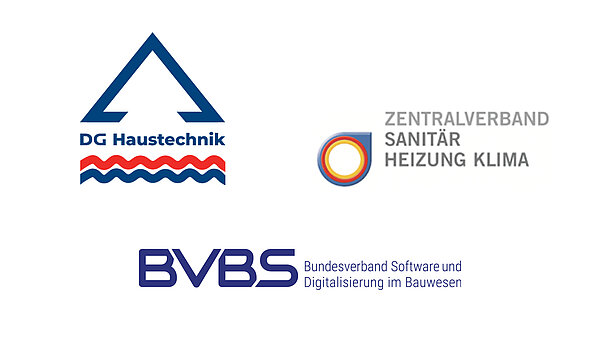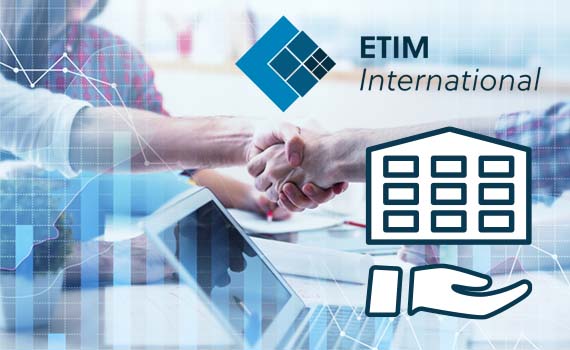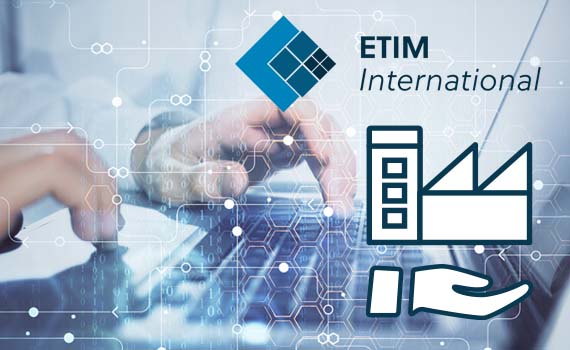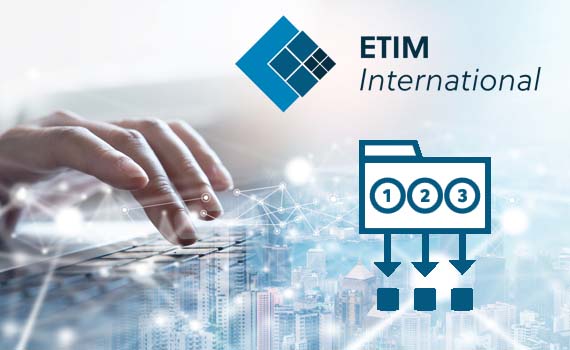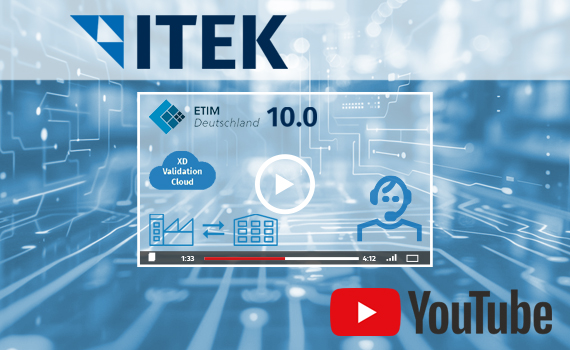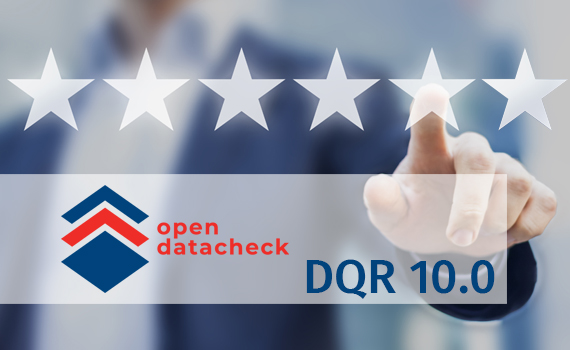Contact us for more information!
The standard was developed by the BVBS, DG-Haustechnik and ZVSHK associations. In addition to the definition of the standard, implementation aids and test options for software development are also available for association

